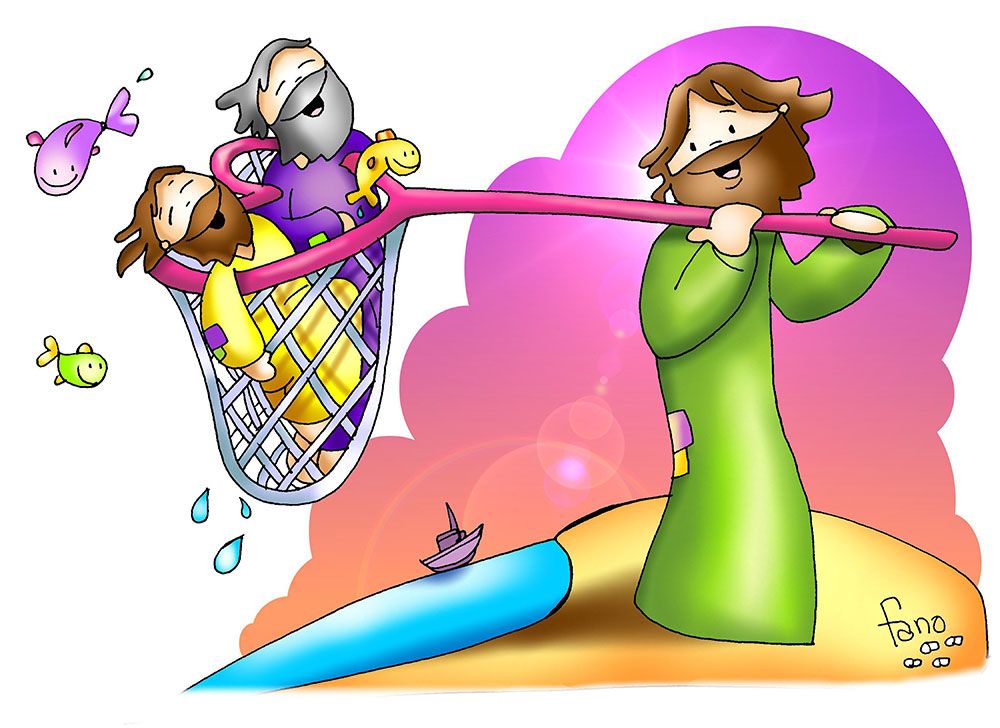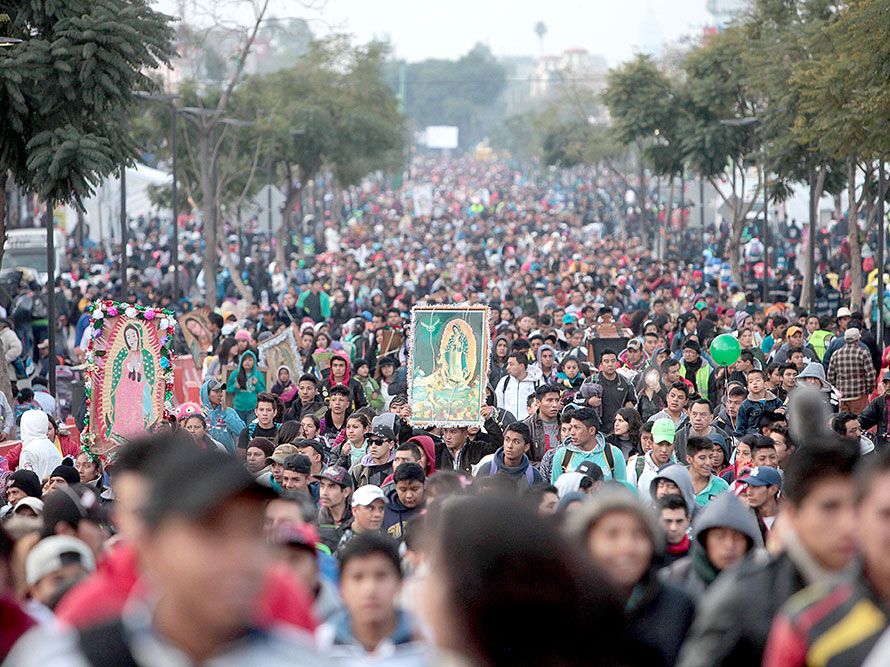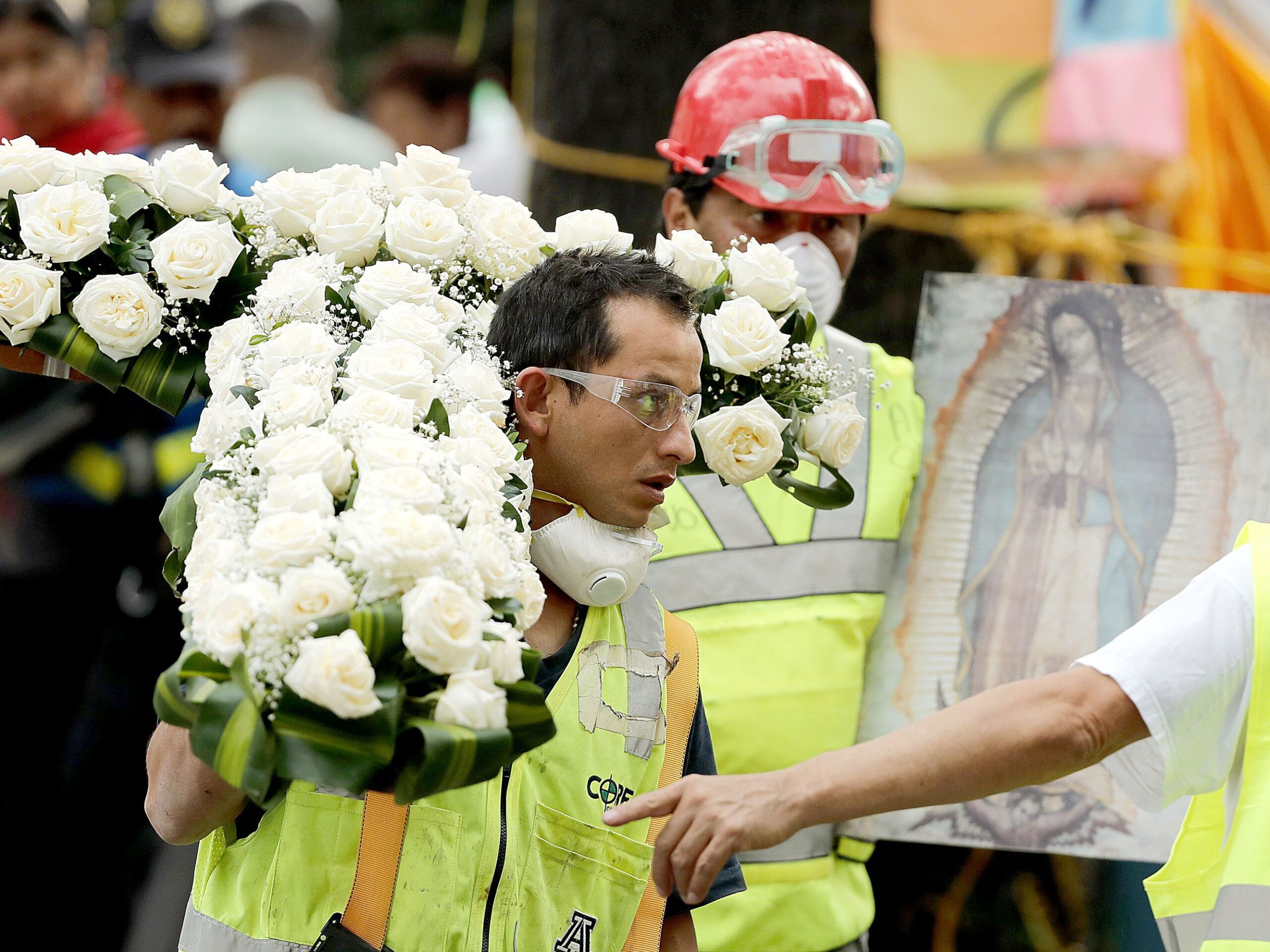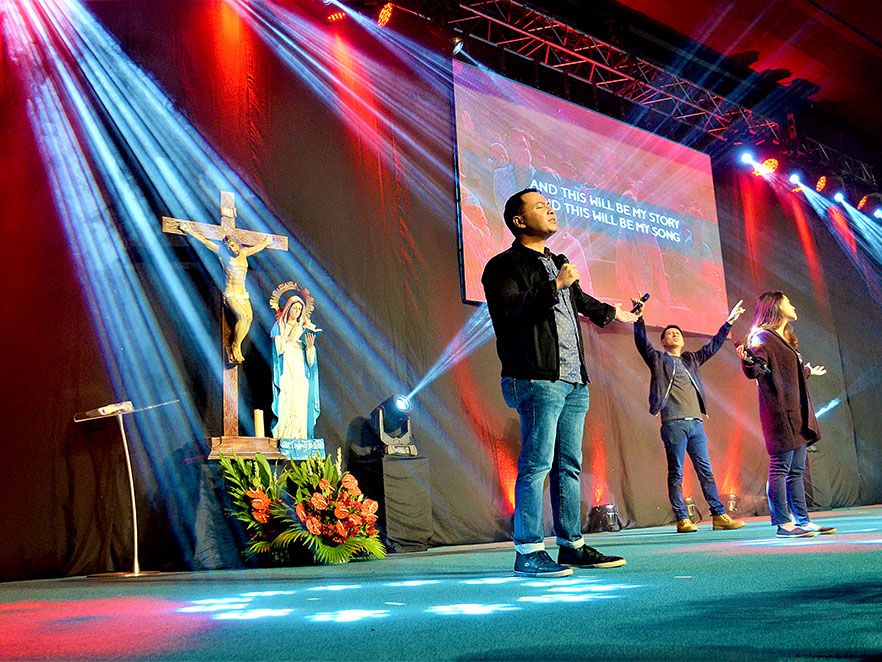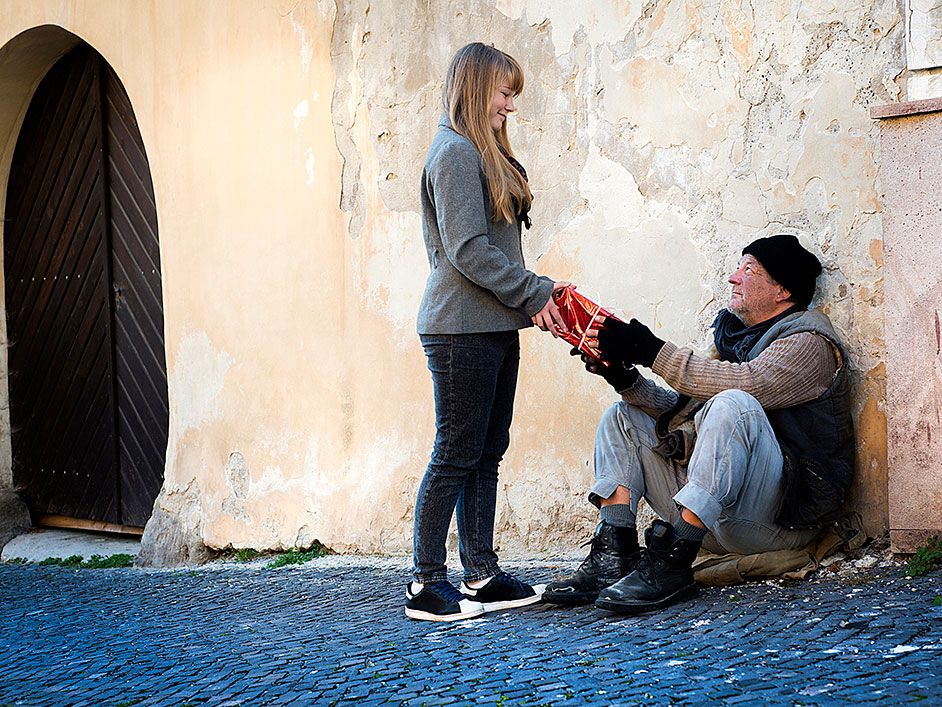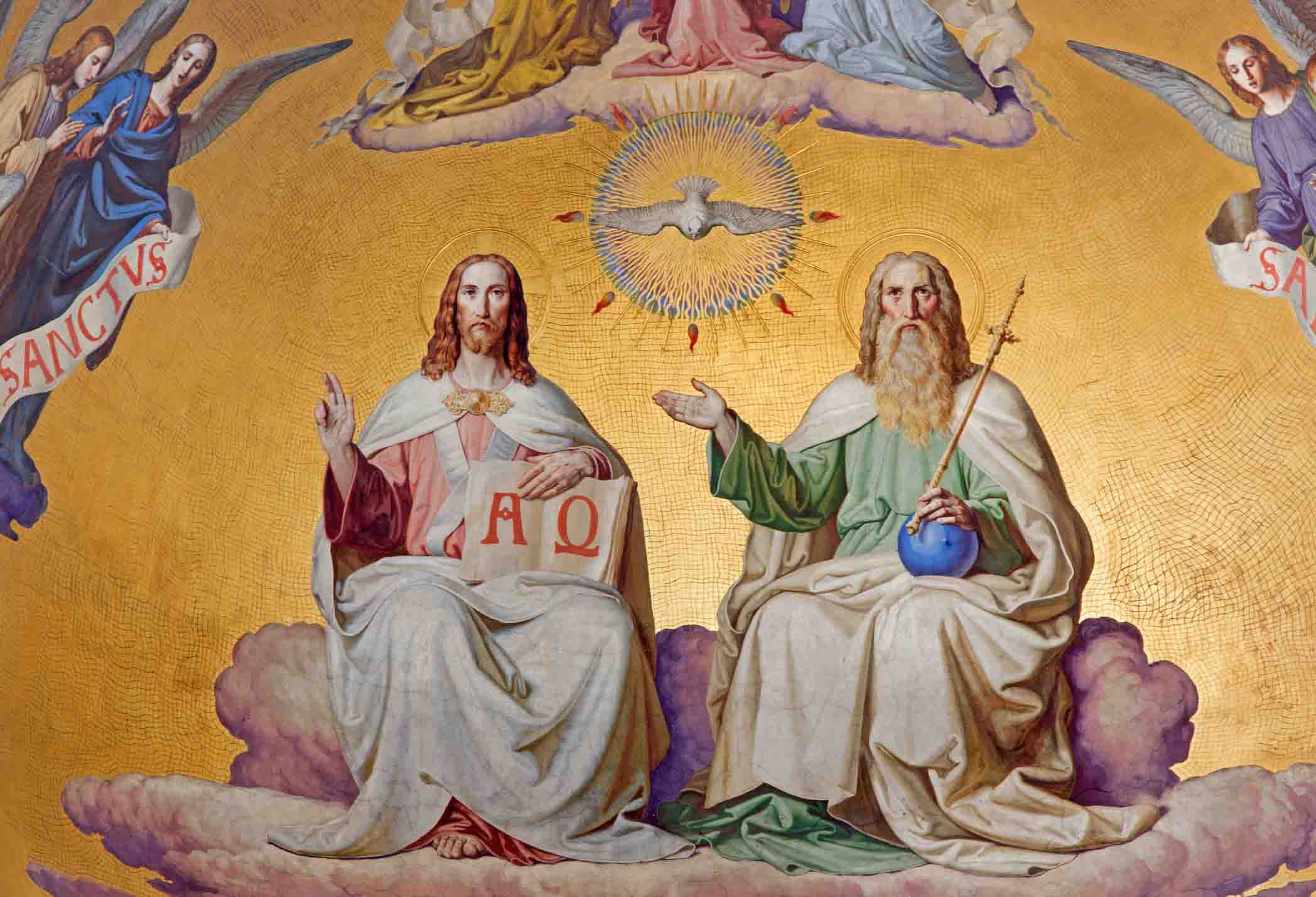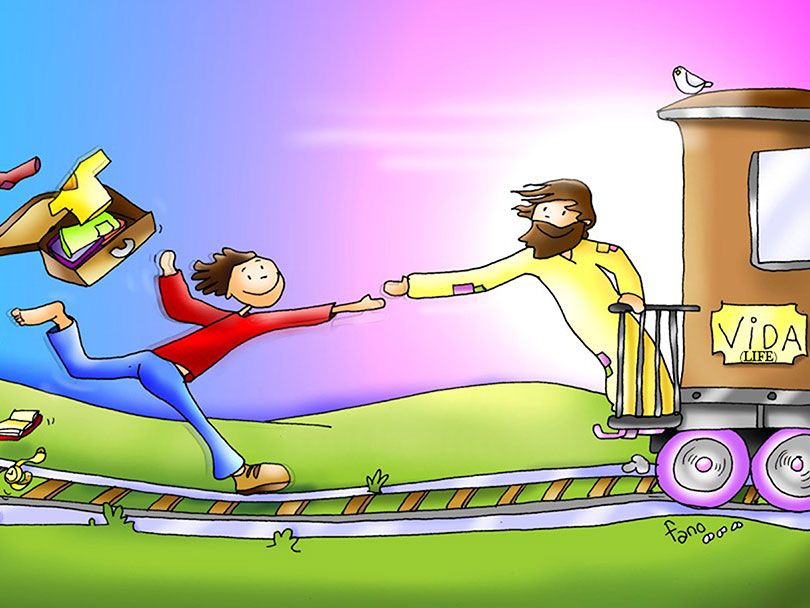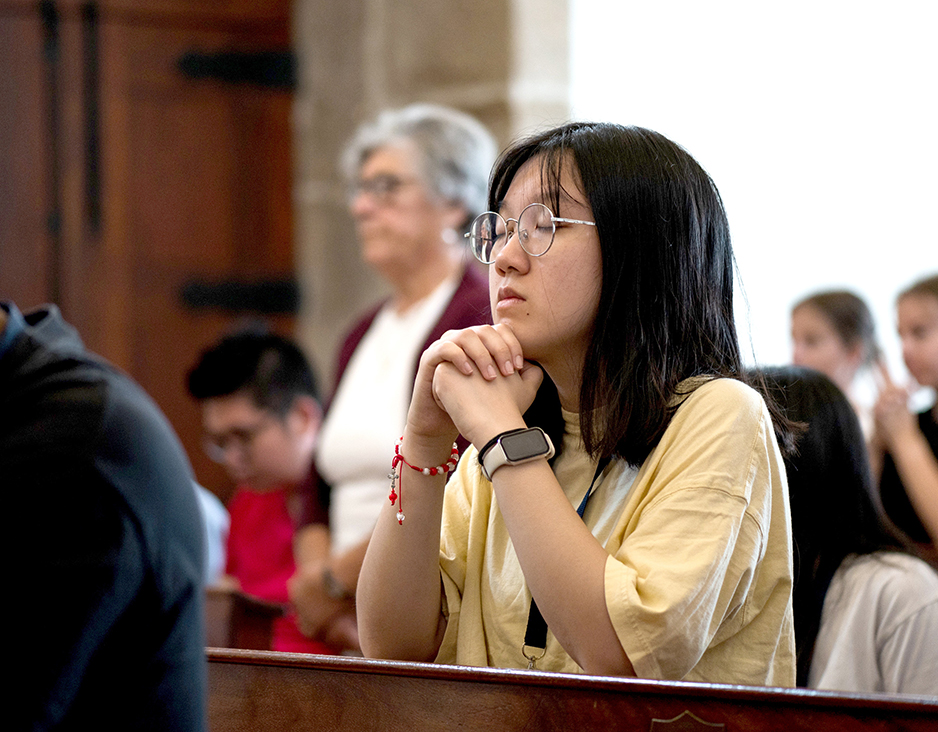In the Gospel of John, chapter 21:1-23, we read the encounter of the risen Jesus with Peter, John and the apostles, on the shores of Lake Galilee. We can see this chapter as an epilogue. The evangelist John puts a prologue as the opening of his Gospel and also finds a way to conclude it with an epilogue, as if to suggest that his Gospel be read as a great narrative between these two texts. In them we find an evident contrast and enlightening parallelism.
In the prologue, John takes us by the hand to the beginning of everything, to the heart of the mystery (“In the beginning was the Word”). In the epilogue, John transports us by the hand again to the shores of Lake Galilee! This time at dawn, that is, at the beginning of the ‘time of the church’, to make us see and experience how the risen Lord continues to be present in the life of His community.
Jesus is present in the fishing, symbol of the apostolic activity of the disciples, and makes it fruitful; He is present at the table, in the meal that they have after fishing, symbol of the Eucharistic meal. The apostles, in the light of their encounter with the risen Jesus, experience that the fruitfulness of their apostolic work do not depend on their mastery of the art of fishing, but it depends on the mysterious presence of Christ and His Spirit.
The epilogue of the Gospel of John proposes once again the mystery of this presence lived in the absence that marks the time of the church. Presence in this context is linked to fishing (the apostolate) and to the table of the meal (the Eucharist). The experience of this presence illuminates the path of the disciples and gives them confidence (21:12).
Dialogue with Peter
It is with this background that we place the dialogue with Peter. Our attention goes, of course, to the three questions Jesus asks Peter, and his answers to the master’s questions.
The first question – “Do you love me more…?” – shows that our love, in order to grow, needs competition, not only with others, but above all with ourselves, to overcome our selfishness and pride, our pretensions and fears. Our love, if it does not have this “more” runs the risk of dwindling and dying.
In Jesus’ question “do you love me?” the verb used is agapao, which means love that gives life, love that is source of life, love that is proper of God that Jesus exemplified with the gift of His life. In Peter’s answer, the verb used is fileo, which indicates a love of friendship, of affective reciprocity, only possible when one is loved, when one corresponds to someone’s love.
Following the three questions and answers, Jesus confirms the first vocation and mission of Peter: “Feed my lambs … my sheep.” The sequence is marked by the affection with which Jesus asks and by the sincerity of Peter, who responds without pretensions and defenses: “Lord, you know everything, you know that I love you.”
The narrative highlights Jesus’ trust and Peter’s sincerity. To the third question, Peter is disturbed by the suffering caused by the memory of his threefold negation of the master, memory that makes him experience how much the Lord loves him and which becomes the occasion for a greater love, with ‘more’, a love capable of healing the memories and to become a source of life for him and others.
Follow Me!
It is this experience of being loved by an unmeasured love that heals Peter from the wound of denial and rescues him to a new beginning, to the surprise revelation that Jesus is about to make and that is the high point of this dialogue.
We have in the narrative, in effect, a third word that Jesus pronounces: “And when He had said this, He (Jesus) said to him (Peter): ‘Follow me!’” Jesus had, no less than three times, confirmed Peter’s mission in relation to the community. But here, Jesus goes to the root of this mission: “follow me” means accompany me on this path of love (like God’s love), a love that communicates life and that is born of the gift of life itself.
With the invitation to accompany Him along this path, Jesus associates Peter with His paschal mystery in a very personal way. Jesus explains it to Peter, so that he understands the new level to which he is accessing: “When you were younger, you went where you wanted; but when you grow old, you will stretch out your hands and someone else… will lead you where you do not want to go.” The narrative concludes: “He said this signifying by what kind of death he would glorify God”; that is, it would show a love to the height of the love of God, with the weight (the glory) of God.
At the end of this dialogue that rescues him in his capacity to love, Peter can respond to Jesus’ invitation to follow Him on a path of love without measure. Not looking back, but looking to the side, to John, Peter begins living the concern for the other that love establishes and nourishes.

